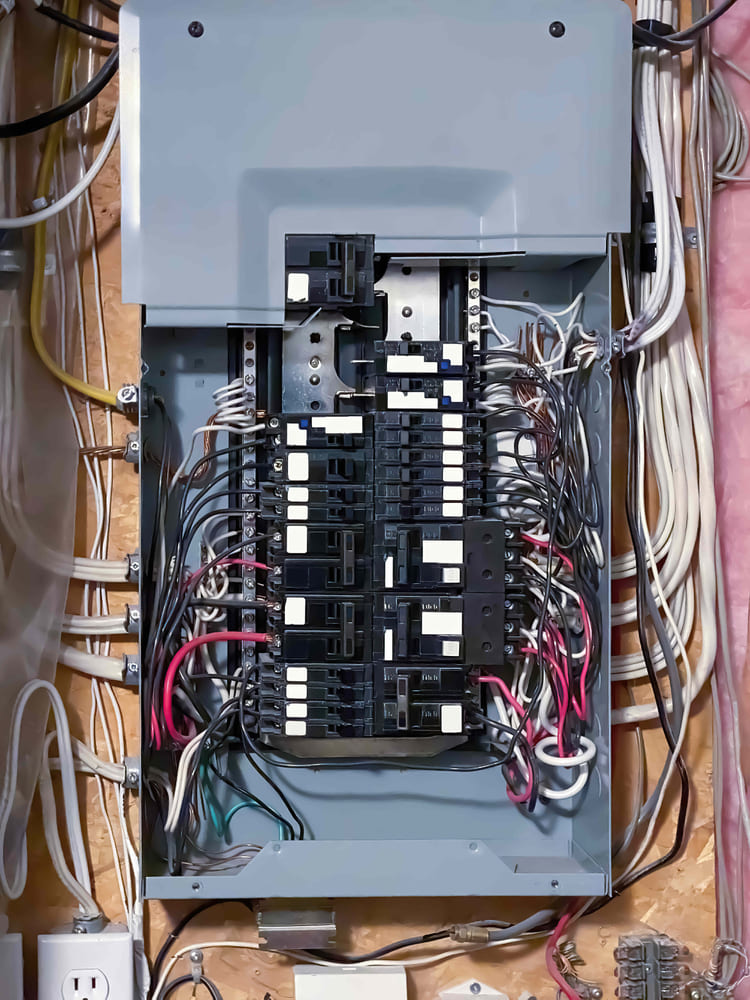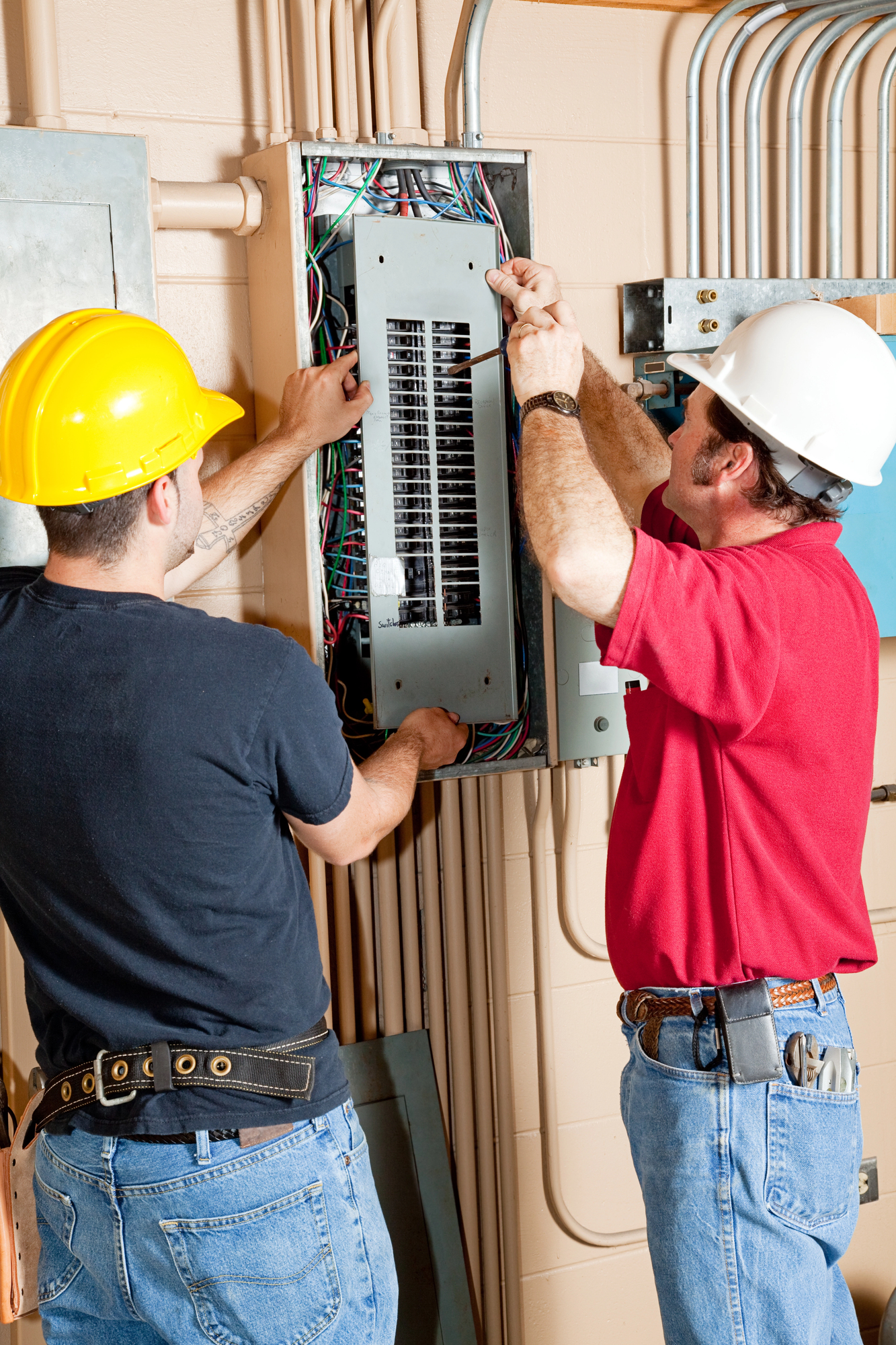Your circuit breaker panel is the hub of your home’s electrical system, ensuring that power flows safely and efficiently to every outlet and appliance. While it often works tirelessly behind the scenes, issues can arise that leave homeowners wondering whether to repair or replace this essential component. Addressing these concerns is critical for ensuring the safety of your home and family.
This article will help you understand what your circuit breaker panel does, how to identify problems, and whether a repair or replacement is the right solution for your situation. By the end, you’ll have the tools you need to make an informed decision.
Identifying Issues With Your Circuit Breaker Panel
Before determining whether to repair or replace your circuit breaker panel, you need to first identify signs of trouble. While some issues may be minor, others can indicate serious safety hazards. Keep an eye out for the following warning signs:
Common Problems to Watch For:
- Frequent Circuit Breaker Trips
If your breaker frequently trips, it could be due to overloaded circuits, faulty wiring, or a defective breaker. These issues might require attention before leading to more significant problems.
- Burning Smells or Scorch Marks
A burnt smell or visible scorch marks on your breaker panel indicate overheating, which is a serious fire risk that requires immediate professional attention.
- Buzzing or Sparking
If your panel makes buzzing noises or emits sparks, this could signal loose connections or damaged components, both of which pose a danger.
- Outdated Fuse Box
Older homes may still have fuse boxes instead of modern circuit breaker panels. While fuse boxes may function, they’re less efficient and not designed to keep up with the electricity demands of today’s devices and appliances.
- Flickering Lights or Power Surges
Unstable power is another red flag. Flickering lights or sudden power surges often indicate an overworked panel that may benefit from repair or replacement.
If you notice these warning signs, it’s time to take action. But, how do you decide whether to repair or replace? The decision depends on the severity of the problem.
Repair Considerations for Circuit Breaker Panels
Not every issue with your circuit breaker panel warrants a full replacement. Repairs may suffice for minor problems or simple component failures. Here’s when a repair might be the right call:
- Isolated Issues
If only one or two breakers are malfunctioning while the rest of the panel functions normally, repairing or replacing those specific breakers might resolve the problem.
- Loose or Corroded Wires
A professional electrician can address faulty connections or minor corrosion with targeted repairs, ensuring the safe operation of your panel.
- Age and Condition of the Panel
If the panel is relatively new (under 15 years old) and in good condition overall, repairing minor faults can extend its lifespan without major investment.
- Cost-Effectiveness
Repair is often the more cost-effective route when the underlying system is structurally sound. Repairs allow you to address specific problems without incurring the expense of a full replacement.
While repairs can be quick and budget-friendly, there are times when investing in a replacement is the better long-term choice.
When to Replace a Circuit Breaker Panel
Certain scenarios call for replacing the entire panel instead of patching it up. Replacement might be necessary when:
- The Panel is Overloaded
Modern homes demand more electricity than ever before. If your panel doesn’t have enough capacity for your current appliances and devices, replacement is essential for efficiency and safety.
- The Panel is Over 25 Years Old
Older breaker panels weren’t designed to withstand the electrical loads of today’s technology. Plus, components wear out over time, making it harder to guarantee peak performance.
- The Panel Uses Obsolete Technology
Panels from brands like Federal Pacific Electric (FPE) or Zinsco have earned reputations for being unsafe. Replacing these outdated models with newer panels eliminates potential hazards.
- Frequent and Costly Repairs
If maintenance and repairs have become a recurring expense, replacing the panel can save money in the long run while improving reliability.
- Safety Concerns
If there are visible signs of serious damage, such as burning, sparking, or corrosion that affects multiple components, replacing the panel is the safest option for your home.
Comparing Costs of Repair vs Replacement
Cost is a significant factor in deciding between a repair and a replacement. Here’s a general breakdown of what you can expect:
Repairs: Repairs for circuit breaker panels can range from $150 to $500, depending on the issue, such as replacing individual breakers or repairing damaged wires.
Replacement: Installing a new circuit breaker panel typically costs between $1,500 and $3,500, with high-capacity panels or extensive rewiring bringing the total closer to $5,000.
While repair is less expensive upfront, replacement may prove more cost-effective in the long term, as it eliminates the need for ongoing fixes and improves energy efficiency.
Finding the Right Electrician for the Job
Whether you opt for a repair or replacement, it’s critical to hire a qualified professional. Here are some tips for finding a reliable electrician:
- Look for Proper Licensing and Insurance
Ensure the electrician you hire is licensed and carries full liability insurance for your protection.
- Check Reviews and References
Customer feedback and references can provide insight into the electrician’s reliability and quality of work.
- Ask About Experience with Panels
Not all electricians specialize in circuit breaker panels. Make sure your electrician has experience working with panels like yours.
- Request a Detailed Estimate
Get a written estimate that outlines the scope of work, costs, and timeline. This will help you avoid hidden fees or surprises later.
- Verify Warranties or Guarantees
Reputable electricians often back their work with warranties or guarantees for added peace of mind.
Making the Best Choice for Your Home
Ultimately, deciding whether to repair or replace your circuit breaker panel depends on the issues you’re experiencing, the panel’s age, and your budget. Repairs are ideal for minor problems, while replacement ensures long-term safety and efficiency in cases of outdated or severely compromised panels.
Don’t ignore the warning signs of a failing breaker panel. Addressing these issues promptly can save you money, protect your home, and provide peace of mind.
For expert advice and professional service, reach out to a licensed electrician today. Your home and your family deserve the best.


